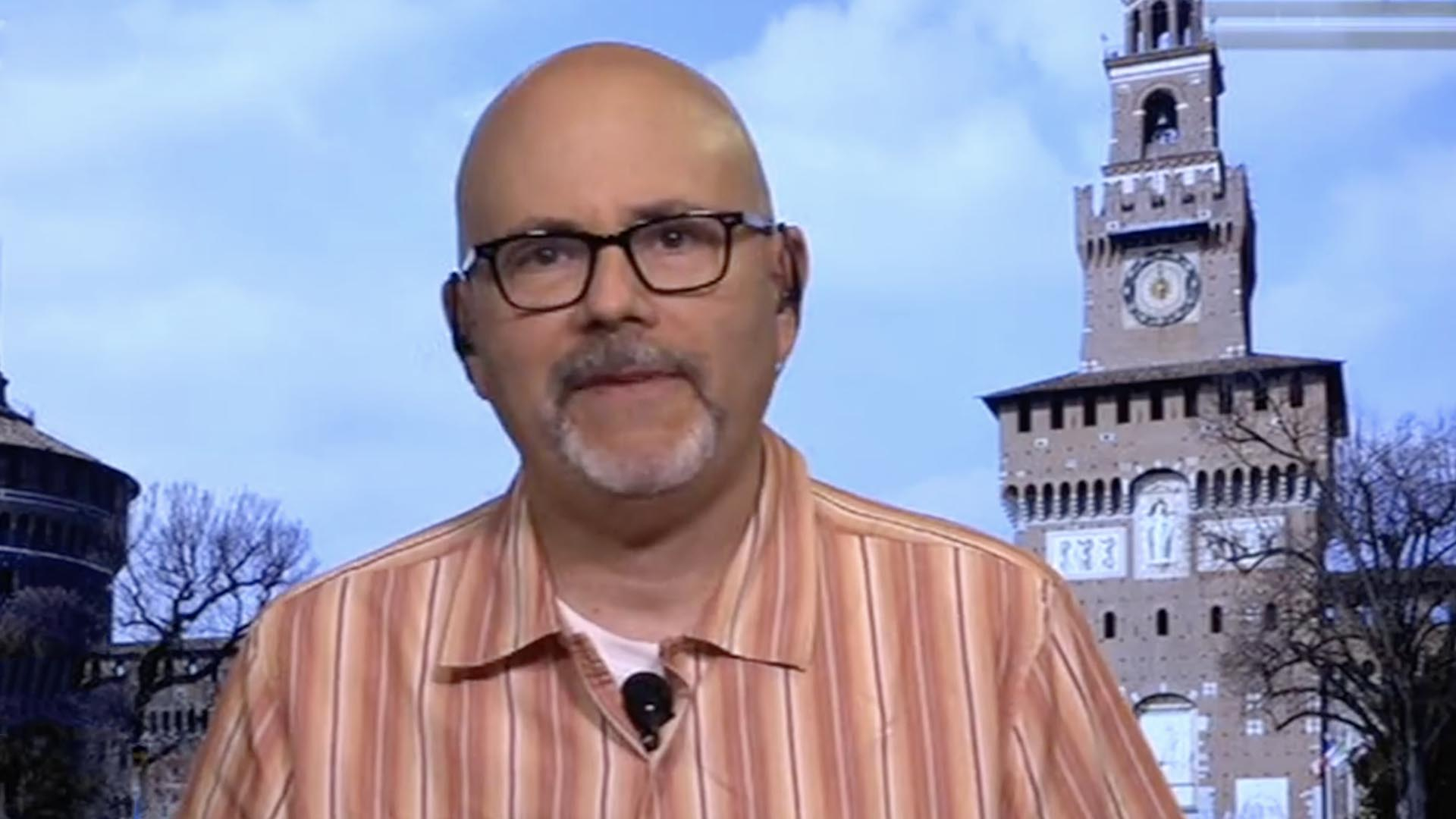
Opinions
21:07, 06-Jul-2018
Asian values: Diligence and thrift, do we still value these virtues?
Updated
20:51, 09-Jul-2018
CGTN

Editor’s note: The article is based on an interview with John Gong from the University of International Business and Economics in China and Joel Schalit, a news editor at Euractiv.com in Milan.
Frugality is an element of Confucianism and has long been seen as a virtue in China and elsewhere in Asia.
Six Asian countries are listed in the top 10 countries in the world with the highest savings rates. In 2017, Singapore and China ranked second and third on the list. Both countries gross national savings make up more than 40 percent of their GDPs. Nepal, the Philippines, South Korea and Bangladesh are also on the list. Their savings account for over 35 percent of their GDP.
01:29

For the past four decades, frugality has played a pivotal role in China’s development. Diligence and thrift have long been described as Chinese traditional habits.
However, According to John Gong from the University of International Business and Economics, frugality is a thing of the past in China. He said with the development of society, a younger generation is more accustomed to a lending oriented economy. They have grown up amid greater abundance and are less prone to save money.
The government also wants to move away from investment-based growth to a consumption-led economic expansion. So Gong believes frugality will become a fading habit for the new generation.
02:39

Joel Schalit, a news editor at Euractiv.com in Milan, says economic crises, the high cost of living and low-interest rates on consumer lending are the biggest challenge to frugality in the West.
He says the US has the worst tendencies in this regard, because the cost of living in the country is so high, and Americans are consistently encouraged to borrow to cover their basic needs – from education to housing and consumer goods.
European countries, in contrast, are more socially democratic. They tend to have a larger welfare system in which citizens are required to contribute to the social safety net and to the healthcare system.
While Gong says Chinese consumption is becoming more like America’s. Schalit suggests the only way to responsibly transition to a more consumer-oriented society is to make sure there is a strong social safety net with heavy state spending on healthcare and welfare and with housing and education costs kept to an absolute minimum.

SITEMAP
Copyright © 2018 CGTN. Beijing ICP prepared NO.16065310-3
Copyright © 2018 CGTN. Beijing ICP prepared NO.16065310-3